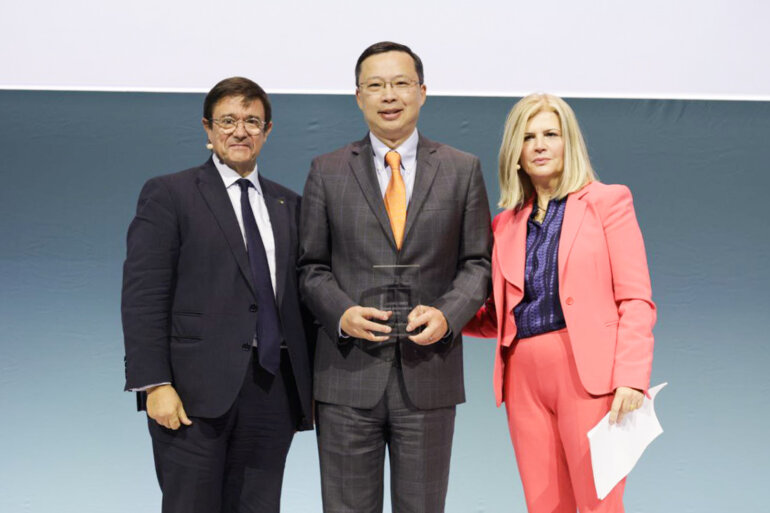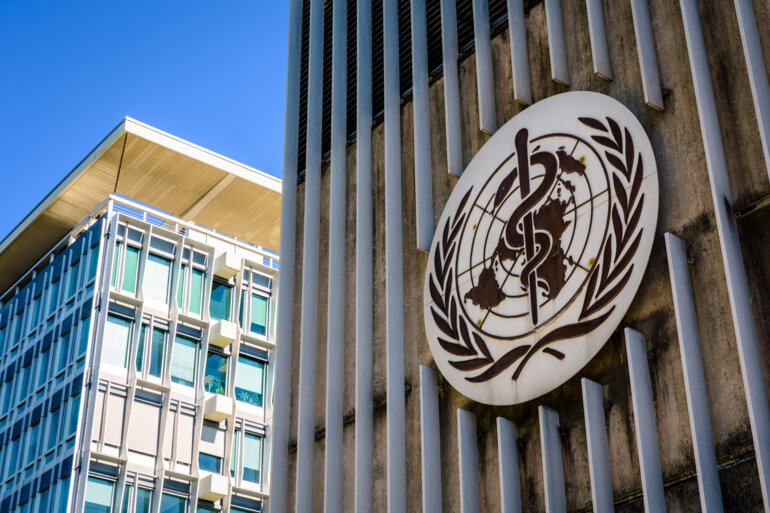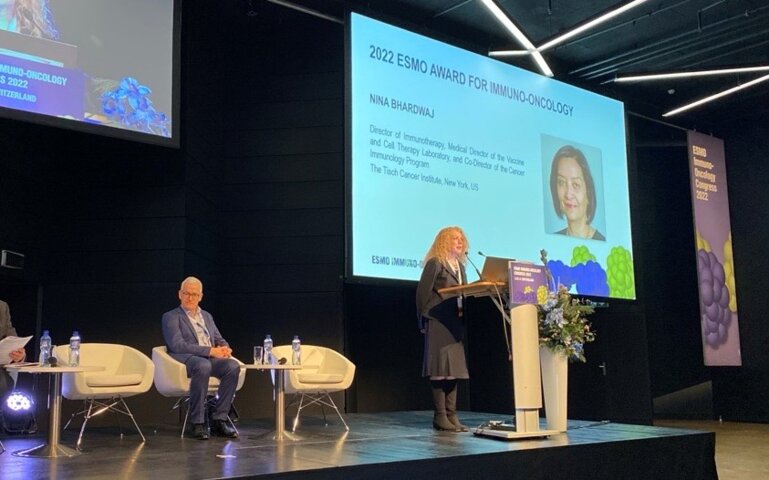
The emerging role of ctDNA in breast cancer
Liquid biopsies hold great promise in precision medicine in breast cancer, as shown by the pioneering work of Prof. Nicholas Turner, recipient of the ESMO Award for Translational Research 2023

Three decades of progress in nasopharyngeal cancer
Tailored management for high-risk locoregional disease, together with more effective immunotherapy combinations are key areas of exploration in nasopharyngeal cancer, according to 2023 ESMO Lifetime Achievement awardee Prof. Anthony Chan

Research promotion and good partnerships have brought rare gynaecological malignancies into the light
According to Prof. Isabelle Ray-Coquard, 2023 ESMO Awardee, the many efforts made in recent years are finally increasing treatment options for patients

Innovative approaches in the management of gastrointestinal cancers
Molecular characterisation of tumour subtypes and immunotherapy are key areas attracting researchers’ efforts that may shape the future of clinical practice, according to ESMO President Prof. Andrés Cervantes

A growing community
Teresa Del Giudice is the 30,000th ESMO Member. In this interview she explains what motivated her to join the community.

When your patient is the global population
Dr Raffaella Casolino is the third ESMO young medical oncologist serving as a cancer expert on the WHO Cancer Control team

“Green” prescribing may limit the environmental impact of oncology
Tools and targeted communication are needed to guide clinical practice and help healthcare professionals make sustainable choices

Epigenetic therapies – have they come of age?
The 2023 ESMO TAT Honorary Awardee Prof. Susan E. Bates gives an overview of the lasting challenges and unfulfilled potential of these therapies

Nina Bhardwaj receives the ESMO Immuno-Oncology Award 2022
According to the 2022 awardee, the future of immuno-oncology lies in the modulation of the tumour microenvironment and cancer vaccines

Can academic oncology compete with the career prospects offered by the pharma industry?
Moving back and forth across academic and corporate positions has become increasingly common for oncologists in search of new opportunities
